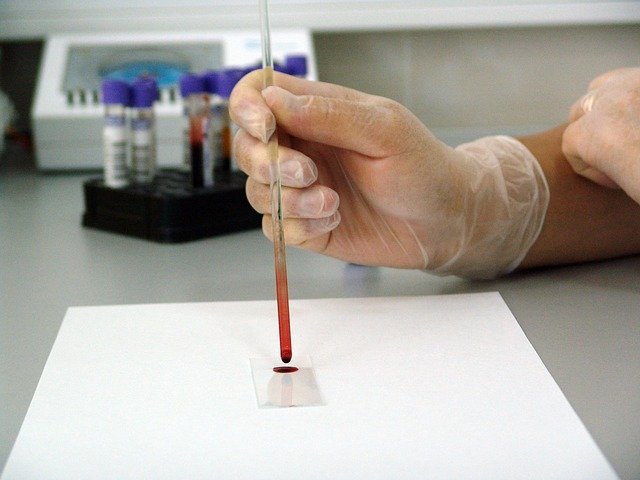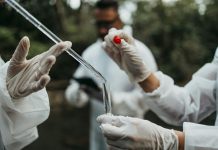
In a new study, researchers have developed a new technique to analyze proteins expressed on cancer cells.
The new technique shows promise in more rapidly detecting cell types.
The research was done by a team from Purdue University.
For cancer patients, waiting for the results of a cancer-screening test can feel like an eternity. Early diagnosis and quick action are often lead to better outcomes.
Previous studies have shown that cancer cell identification often relies on culturing a sample, which can take several days.
These methods require very specialized equipment and complex analysis to measure the proteins binding small molecules.
These tests also only detect if there is binding, but not the extent of that binding.
These protein and binding measurements provide key information for diagnosing cancer and other illnesses.
In the current study, the researchers developed a new method to screen one-bead-one-compound libraries against biological targets such as proteins or antibodies.
The screening method is sensitive enough to detect forms of cancer in very early stages.
In addition, the activity of the biological target being tested also does not need to be known or monitored with the Purdue technique.
This means doctors could increase the types of proteins that can be screened.
The researchers hope the Purdue screening method could be developed into a rapid, sensitive technique to identify cancer cells in patient blood samples.
This could provide earlier cancer diagnosis and lead to better treatment outcomes.
The team has worked with the Purdue Office of Technology Commercialization to patent their technologies.
The study lead researcher is Darci Trader, an assistant professor of medicinal chemistry and molecular pharmacology at Purdue University’s College of Pharmacy.
The study is published in ACS Combinatorial Science.
Copyright © 2019 Knowridge Science Report. All rights reserved.
Further reading: ACS Combinatorial Science.



